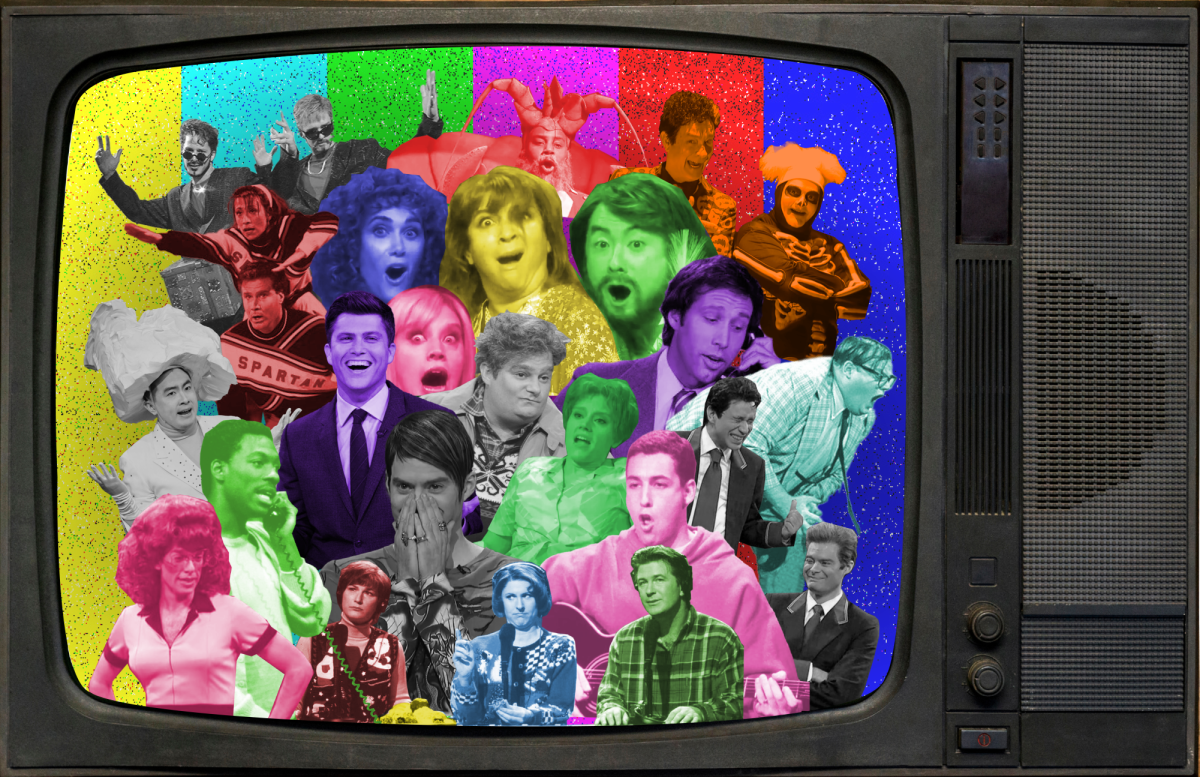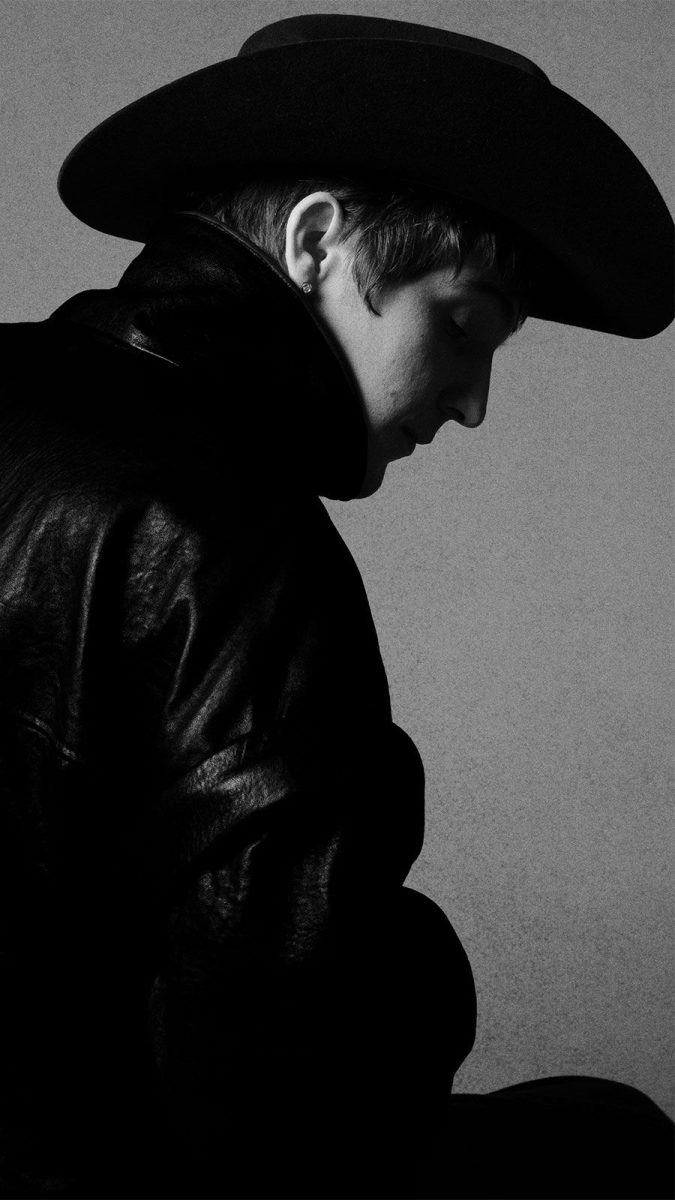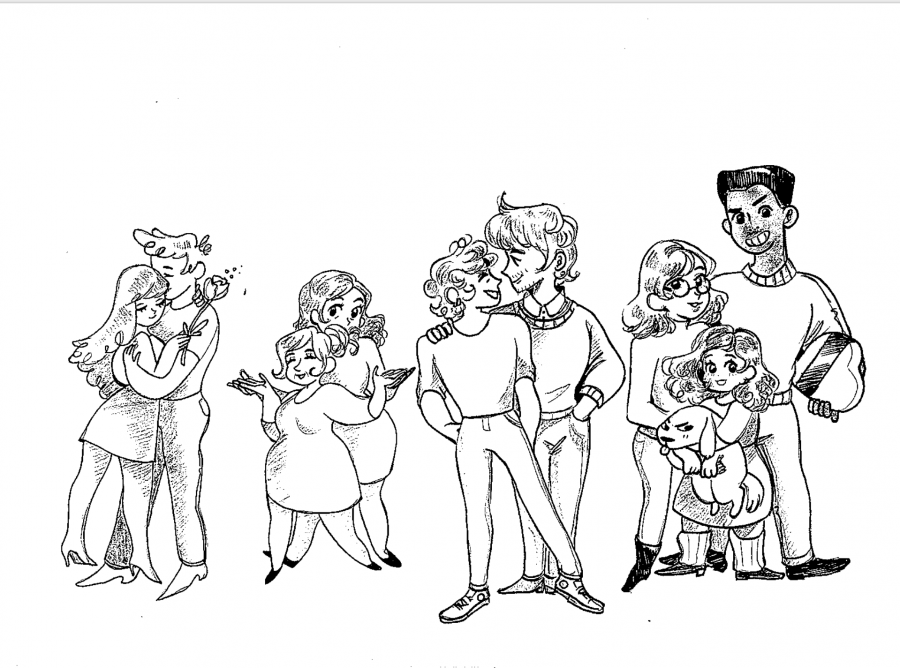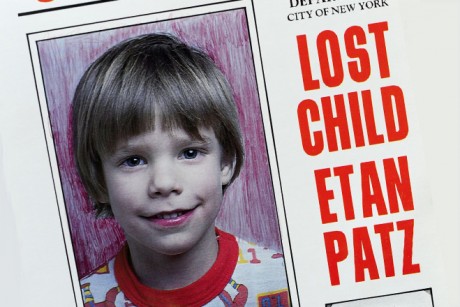By Emily Chicklis
Staff Writer
Just last month, Netflix premiered yet another hit series. No big news there, except that this particular series is a rather unfortunate one. If you are a lover of happy endings, read no further, because writer Daniel Handler and director Barry Sonnenfeld have combined their talents to create another screen adaption of Handler’s “A Series of Unfortunate Events.”
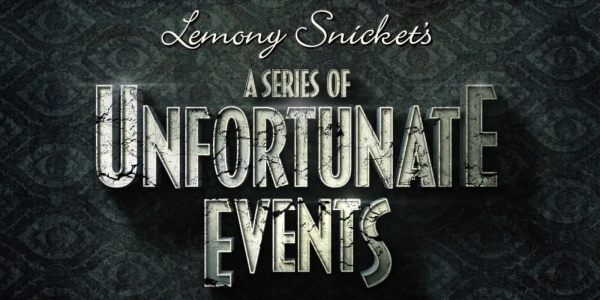
Handler wrote the original series of books under the pseudonym Lemony Snicket, a much more familiar name to his fans. Embodying Snicket as the story’s narrator (and a character with an extensive backstory), Handler spun the darkly humorous tale of three orphans who are to inherit an enormous fortune, were they not constantly pursued by the villainous Count Olaf.
The series was already adapted for screen back in 2004, when a film was released with Jim Carrey in the role of Count Olaf and Jude Law as Snicket. The film was initially expected to be made to Handler’s specifications, directed by none other than Barry Sonnenfeld. However, Sonnenfeld left due to budget concerns and was replaced, and Handler, who had intended to write especially for Sonnenfeld, allowed his screenplay to be completely reworked by another writer.
Now, over 10 years later, Handler seized the opportunity to make the adaptation he had wanted all along. With Neil Patrick Harris in the key Count Olaf role, the Netflix series is set to take on all 13 of the books, two episodes at a time. It is immediately clear that this version intends to be much more faithful to the book series than the film, which greatly condensed the first three books. The Netflix series does raise the stakes by immediately introducing some spy-intrigue elements that are only revealed much later in the books; however, Handler’s unique humor pervades every episode from start to finish.
Notably, the character of Snicket is expanded to match his heavier presence in the books. Fans may be surprised, if not by Snicket’s appearance, then when he speaks and the voice of Kronk (from Disney’s “The Emperor’s New Groove”) comes out. Nevertheless, Patrick Warburton gives a commendable performance as the morose narrator, who also provides comic relief with his straight-man commentary and unexpected costume changes.
The three orphans Violet, Klaus, and Sunny (played by Malina Weissman, Louis Hynes, and Presley Smith, respectively) are earnest and likable leads, though perhaps a little too innocent and rosy-cheeked for the whip-smart Baudelaire orphans of the books. The only trouble is the extensive CGI used to animate Sunny in certain scenes—though necessary to portray such an unusually gifted baby, the animation creates a break in the otherwise consistent aesthetic of the show.
In each episode the three children are met with an incredible lineup of actors, from Joan Cusack as the kindly Justice Strauss to Golden Globe winner Alfre Woodard as the ever-fearful Aunt Josephine. Neil Patrick Harris also brings a solid performance, but his Olaf, and in fact the series as a whole, seems to lack much of the sinister quality that was so central to both the books and even the 2004 film. Olaf adopts many disguises as he attempts to bring the orphans under his “guardianship” (and then, of course, steal their fortune), and Harris takes on these alter egos with so much enthusiasm that the character of Olaf himself becomes rather dull in comparison.
There is every possibility that these issues will be corrected as the series progresses—after all, the first season only covered the first four books, and there are many more unfortunate events to come. So far the Series is a fun watch, especially for fans of the books who will appreciate the many in-jokes and fourth wall breaks, but those hoping to see the darker elements captured right away may be disappointed.
Though the series has not technically been greenlit to continue yet, expect a second season in January of 2018 (barring any unfortunate events on the production side). The show has met with generally positive reviews so far, and even the notoriously elusive Handler has said that “given how quickly young actors age and change, we’re trying to film everything as quickly as possible”. And so the misfortune shall continue, to its tragic, poignant, and often irresistibly silly end.












